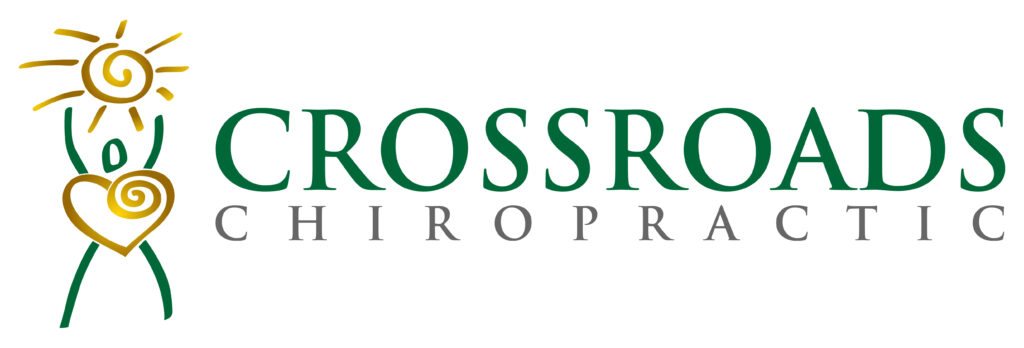Look around your life. Look at yourself. Do you see happy people? Do you see a lot of laughter, joy, and happiness? Or do you just see people (ourselves included) who are crazy busy? Not just busy, but overwhelmed. We run around, filling every moment with….stuff. More practices for the kids, more errands, more work, more, more, more. But to what end? Are we happier and healthier? Or do we consume more stuff, to try and make ourselves happy?
There has to be more to life than consumption. It may seem to be counterintuitive, but sometimes to improve your own life, it’s best to improve other people’s lives. Basically, you can give to get. How do we do this though? Your answer may be in volunteering. Now, I know we hear this message enough that we generally have two responses: 1) we ignore it, because we feel inundated by the amount of times we are asked to help or 2) we get discouraged and think that the needs are so big, what could one person do?
The answer is this: yes there is a lot of need, but seriously, we need to take care of other humans, and yes you are only one person, but every bit of help matters. Especially to the person being helped. Further, it may seem unlikely, but maybe you’ll need help in some form someday. In the present moment, volunteering provides benefit to yourself as well. People who volunteer feel connected to something bigger and enjoy possible benefits like increased self-esteem and improved happiness levels (helpguide.org).
The truth is giving and volunteering are awesome because they help other people, but it also makes us healthier. Yes, not just happier, but literally healthier. The Corporation for National and Community Service released “The Health Benefits of Volunteering: A Review of Recent Research” in 2007. It “documents major findings from more than 30 rigorous and longitudinal studies that reviewed the relationship between health and volunteering…” (www.nationalservice.gov). The findings were amazing. People who volunteer had more longevity, greater functional ability, less depression, and less incidence of heart disease. Truly it demonstrated that one must give to receive. Most volunteers don’t give and share for their own health gains. The majority may not even be aware that they get health benefits from giving of themselves. They do it, because they want to, which is so cool. The lesson for myself, and all of us, is that if you want to improve the world around you, make life better for others. In order to live a healthier life one must simply begin to give more. Give of your time, money, talents, or whatever else you have to share. There are so many places in our community that could use help. Simply get involved by contacting local charity groups, your church, or your school. Look and you will see many chances to change the things for the better for others and in turn yourself. Listen closely and pay attention and opportunities that feel right for you to be involved in will turn up.
We spend big money trying to get healthy and combat disease. Many people spend their days crushed by depression, poor health, and less than optimal living. We search for happiness in stores and purchasing more stuff. We spent countless research dollars trying to unravel health problems. It seems in the end that some of those answers are already laid out before us: give of yourself to live your best life.
